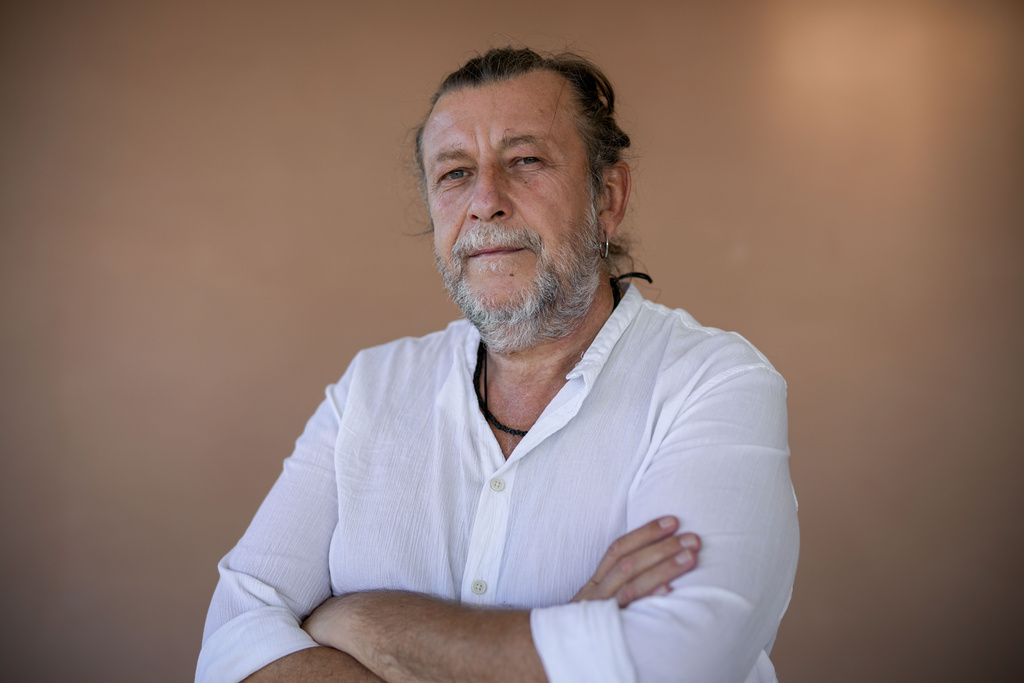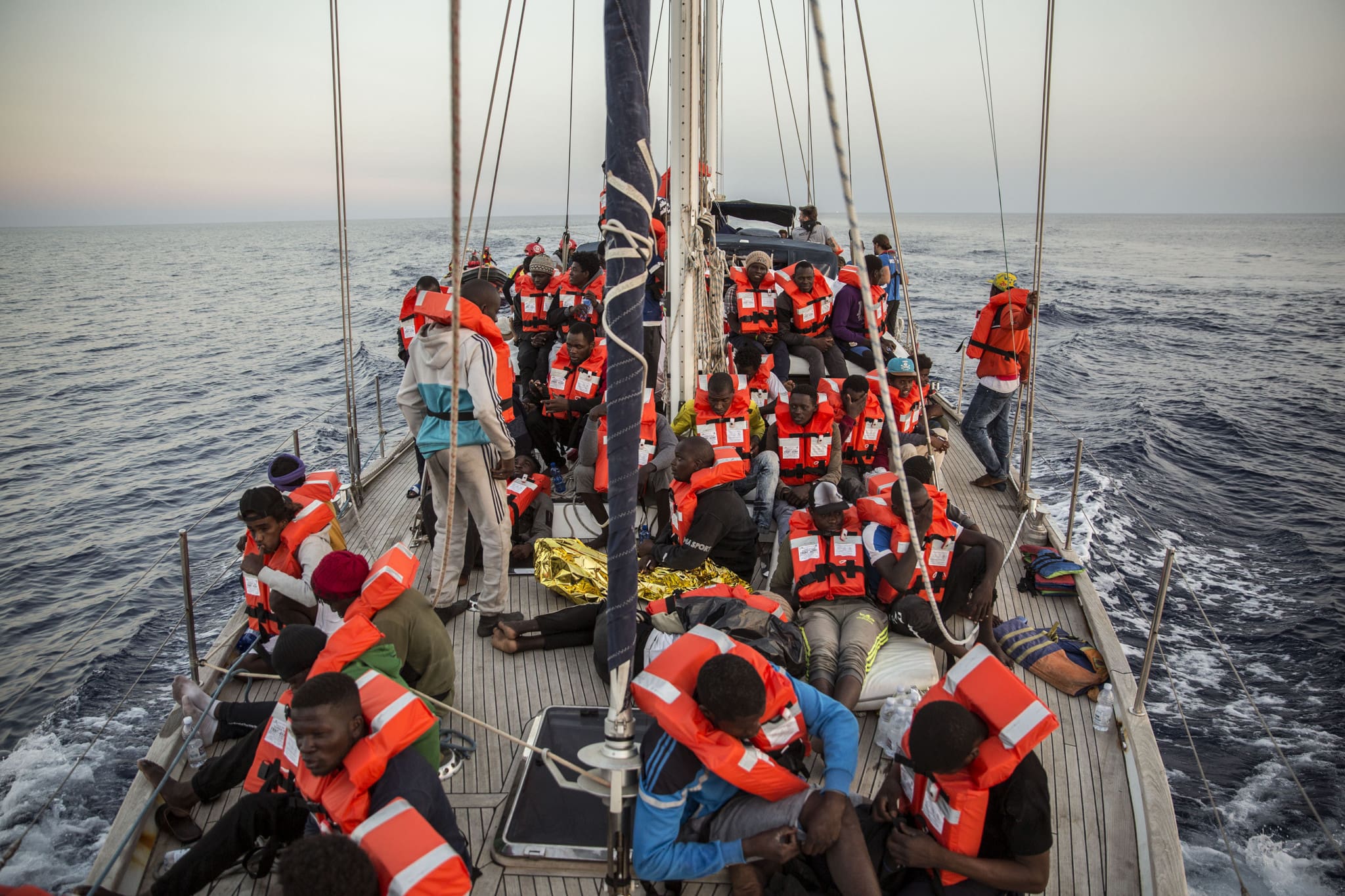A significant scandal has recently shaken the Catholic Church in Italy, as reported by La Verita Italian paper. Investigations by the city of Ragusa prosecutor’s office have exposed the involvement of certain Italian dioceses in funding Mediterranea, an organization responsible for the illegal migration of African immigrants to Europe.
These dioceses have allegedly contributed at least €2 million, with some of the Church’s payments ending up in the personal accounts of pro-immigration activists, according to Polish newspaper wPolityce.
Key figures in this informal network of bishops include Cardinal Matteo Zuppi of Bologna, Archbishop Corrado Lorefice of Palermo and several others, with Cardinal Jean-Claude Hollerich of Luxembourg also implicated for donating €25,000.
The scandal’s central figure is Luca Casarini, a leftist activist known for his role in the 2001 G8 summit protests in Genoa. He later became involved in transporting illegal immigrants to Lampedusa. Casarini’s relationship with Pope Francis, beginning in December 2019, has raised eyebrows, especially after Francis invited Casarini to participate in the Vatican Synod of Bishops, despite his lack of active involvement in Church life.

Currently, Casarini and five other individuals who work for Mediterranea are under investigation in Sicily for a 2020 incident involving the Mare Jonio ship. At that time, they disembarked 27 migrants in a Sicilian port without permission. They had taken the migrants from a Danish supply ship 37 days before, with the Danish company, Maersk, paying them around $135,000 to take the migrants, which the company described as a donation. However, prosecutors say it was a payoff and in violation of Italian immigration laws.
Messages were intercepted during the investigation and leaked to the press, revealing that Mediterranea activists, funded by the Church officials, expressed disdain for the bishops in private while adopting a reverent tone in direct interactions. During the recordings, Casarini bragged that he was making $6,500 from donations, primarily from the Church, and therefore he could “pay the rent without having to go to work in a bar.”
Casarini’s right-hand man, Giuseppe Caccia, had some choice words for Cardinal Zuppi and Archbishop Lorefice, saying: “These Bergoglian bishops are assholes.” Casarini himself laughed that the first letter on his behalf from the pope, which had the phrase “Luca, dear brother,” was not good enough, and they would have to get a second one saying, “Luca, beloved son.”
The chaplain of the Mare Jonio, Fr. Mattia Ferrari, a priest known for working in pro-refugee circles, said with astonishment: “The Catholic Church is becoming our Soros,” in reference to the funding they were receiving.
Commentators are debating whether these bishops acted independently or under Pope Francis’ direction, with most leaning towards the former. Their actions, aimed at aligning with the pope’s perceived interests, might result in decreased donations from parishioners and damage the bishops’ credibility.
This scandal serves as a serious warning against the Church’s involvement in financing ideological projects, especially if they are illegal.





